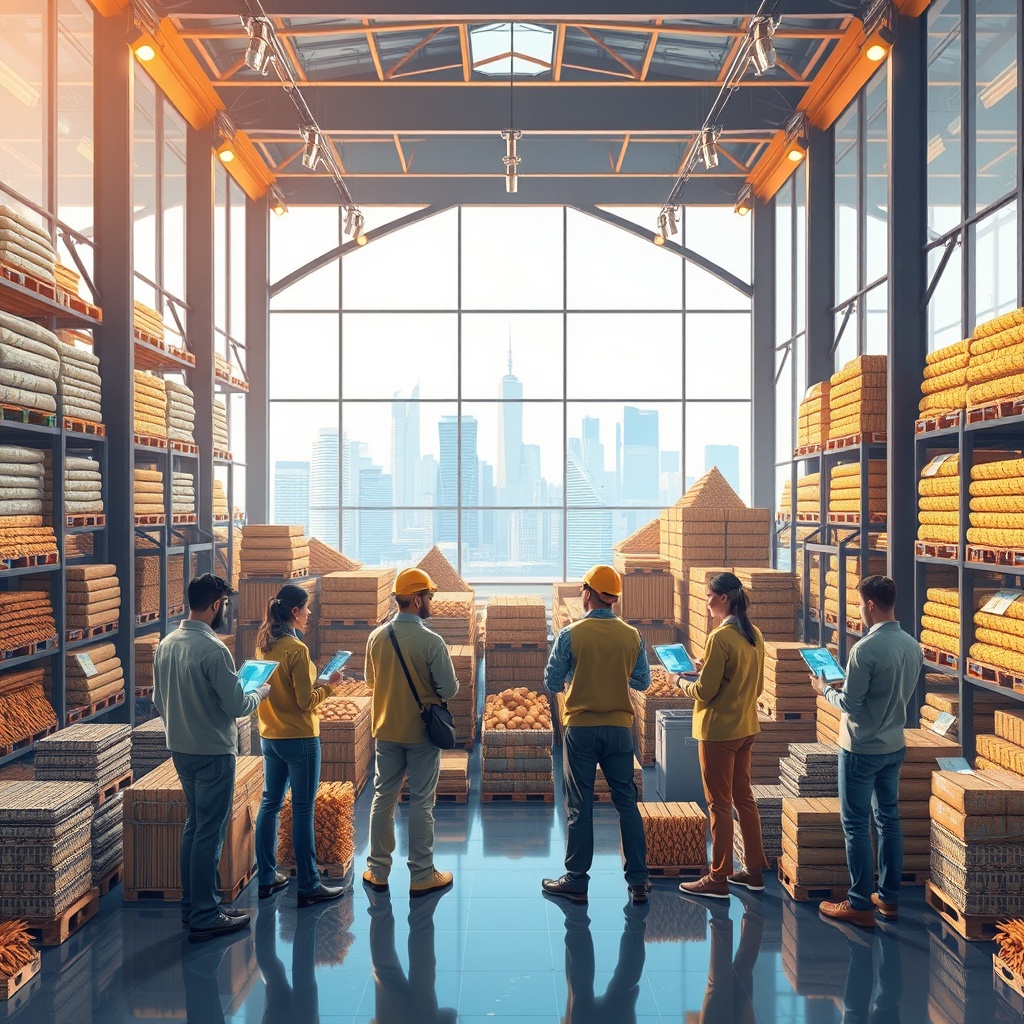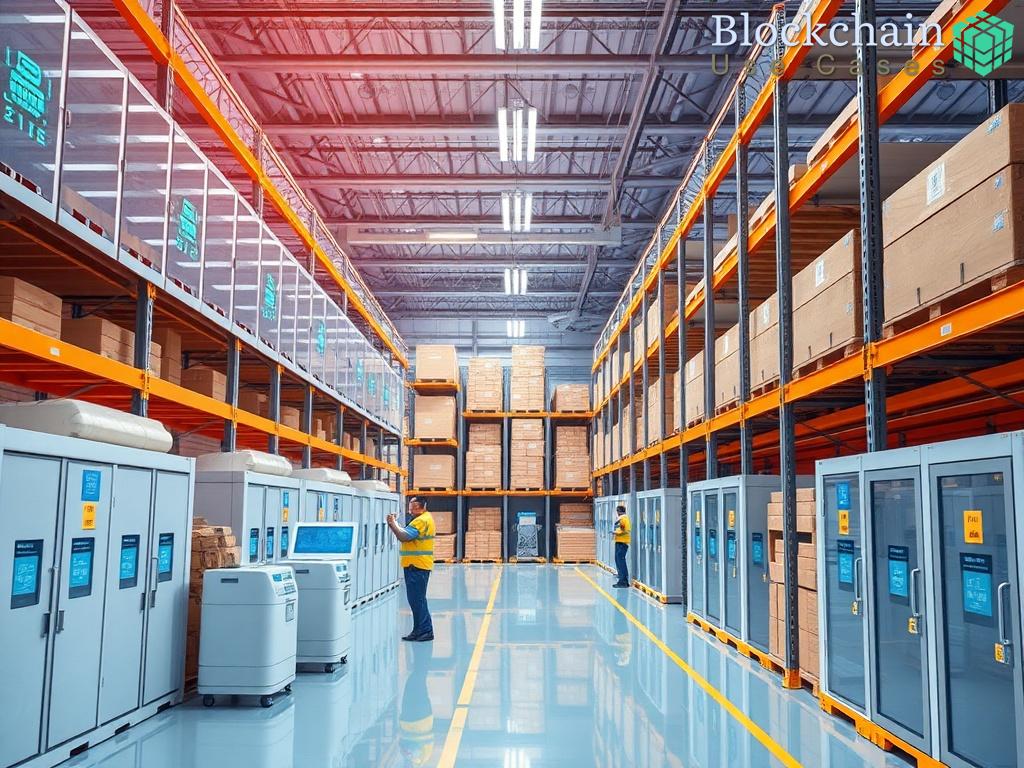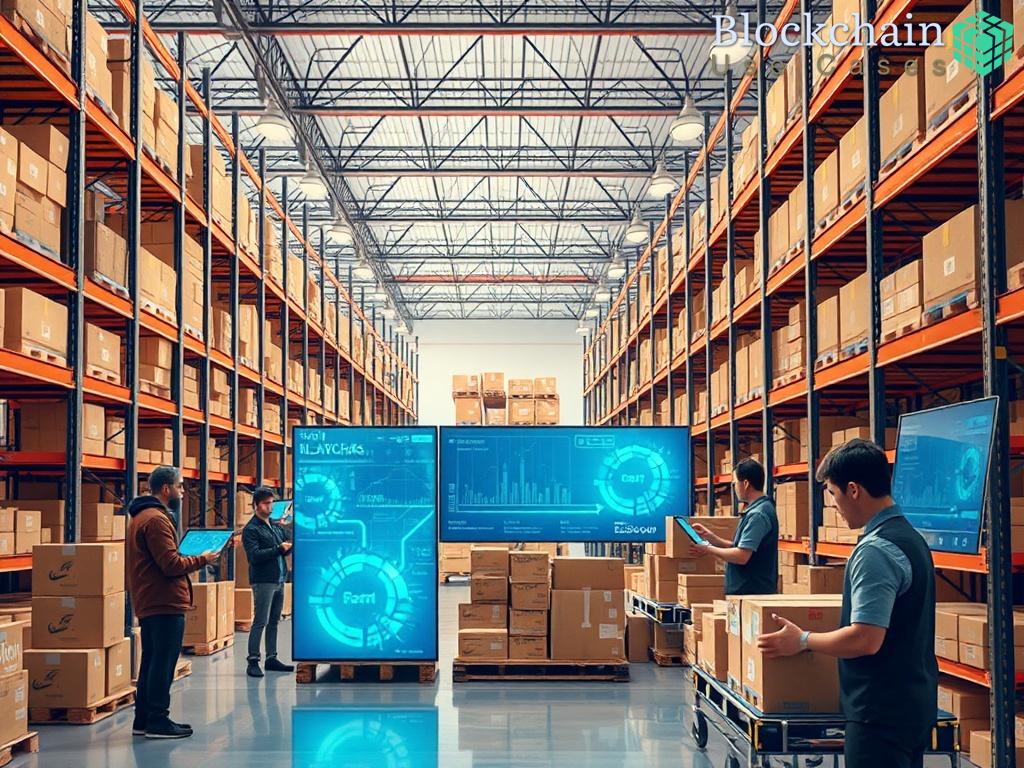The Evolution of Commodity Trading

Commodity trading has undergone significant transformations over the decades, evolving from traditional practices to modern methodologies that leverage technology. With the rise of digital currencies and blockchain technology, tokenization has emerged as a game-changer in the world of raw materials trading. This innovative approach not only enhances transparency but also increases the efficiency of supply chains, making it an attractive option for traders and suppliers alike.
Benefits of Tokenization in Raw Materials Trading
Tokenizing raw materials introduces a myriad of benefits that can revolutionize the way commodities are traded. By creating digital representations of physical assets, tokenization fosters greater liquidity and accessibility in the market.
- Increased Transparency: Tokenization allows for real-time tracking of raw materials, ensuring that all parties have access to accurate information.
- Improved Efficiency: The automation of trading processes reduces the time and costs associated with traditional methods.
- Enhanced Security: Blockchain technology provides a secure platform for transactions, minimizing fraud and errors.
- Broader Market Access: Tokenized assets can be traded 24/7, opening up opportunities for global participation.
Challenges and Considerations
While the potential of tokenized raw materials is immense, there are challenges that must be addressed for widespread adoption. Regulatory frameworks need to catch up with this new technology, and industry players must collaborate to establish standards for tokenization practices. Furthermore, there is a need for education and awareness in the market to ensure that all stakeholders understand the benefits and workings of tokenized trading.


















